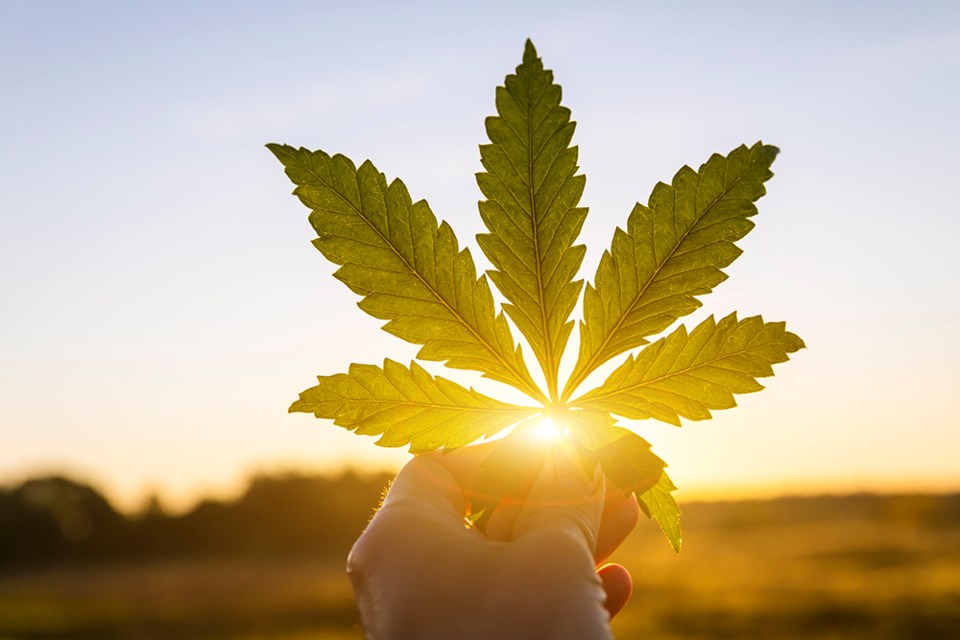I remember back in 2011 hearing then-mayor Ken Melamed analogizing the dynamics of our town and [its relationship with] the B.C. government, to a teenager asking their parents for permission and money. I resisted accepting this outlook for the past decade but have now come to accept his experiential wisdom as our current reality. But as many of us unfortunately know, family dynamics are often dysfunctional at best, abusive at worst.
This town makes the B.C. government a pile of money—but only when the “machine” is running, of course. That analogy famously came from another former mayor, Nancy Wilhelm Morden, in response to the town bearing the burden of servicing those who do not “feed” it’s restaurants and hotels with vacation dollars or cheap labour. But apparently the brown-bagging city lot ended up with enough fuel to justify the mountain staying open, of which I’ll forever be thankful.
But the other edge of that sword brought with it COVID the Third, the Brazilian wave that shut the resort down. It even added yet another kick to the lifetime of nut-kicks as a fan of the Vancouver Canucks. But seeing how fast the government worked to initiate a mass-inoculation to restart the ignition sequence provided me a few important insights:
1) The government is able to get things done here quite fast when it suits its interests, particularly recreation.
2) Its inability to provide solutions to other emergencies we face—such as a lack of affordable housing or the ability to stop the plundering of natural resources for profit—does not suit its interest.
3) Withholding information from the public is counterintuitive to a healthy democracy. Knowledge is power, which is why only a few have access.
For these reasons it's apparent that our society’s operating system is desperate for an upgrade. How do we go about it, might you ask? Your answer is as good as mine, which is kind of the point. What we don’t need is a closed-door organization posing as collective benefit controlling the flow of information and money.
Our current system was built by men riding to a central location on horseback and writing on scrolls with feathers dipped in ink. The technology of the Internet allows for information and budgeting to have a freer flow to its owners—meaning the citizens and residents of this fine land.
As far as the local economy goes, relying on the Whistler Blackcomb Resort model suits only a few people in relation to how many people actually live here. For Whistler to sustain itself through the highs and lows our future will face, we need to diversify from being a mill town and encourage a new outlook on tourism that can provide more opportunities to locals than working-class jobs.
One solution I offer is for the town to collectively embrace cannabis as a tourism driver.
The promotion of Whistler as a worldwide cannabis tourism destination would allow for unheard of opportunities to a new generation of innovative retailers and tour operators. A literal grassroots economy. I mean, it’s already there for the picking; we just need to collectively call it out and push for the tide to change.
Steve Andrews // Whistler





